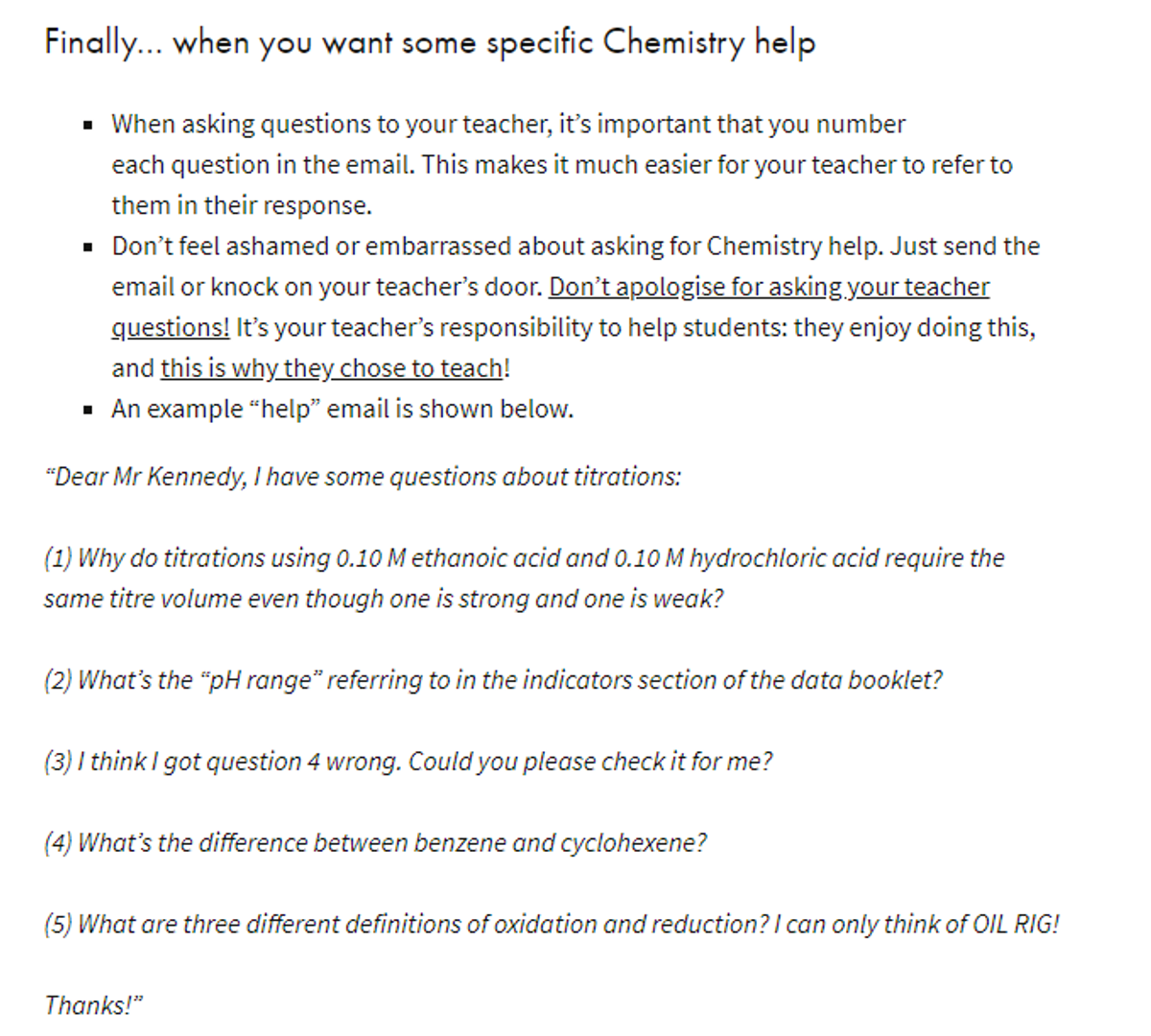Learning & Teaching News

A Parents View on Remote Learning
I can say one thing for sure as I am typing this to you at 10.49 pm that as a full-time essential worker/mum/home school helper (and an owner of our own business) it can be full on brain overload!
I guess the hard part is when you own your own business you don’t have twenty people behind you as your Admin team when you are also trying to be home during part of the day. I have realised after a couple of weeks it is quite important that as a parent, especially for my Year 7 child, I need to be home for a couple of hours for Remote Learning.
I believe my Year 7 child is not coping as well as my Year 9 child. I understand that as a Year 7 they are still finding their feet in high school life, getting used to the different teaching systems, being more independent. When I asked they thought they were coping with Remote Learning they said, "I am not used to just being alone, I like having people around me learning the same things together and having the teacher in the room, I feel like I can’t concentrate as well as I normally can".
Us Mums do have a laugh with each other, as half of the questions, Maths and Science etc., we have either forgotten, do differently or just have no idea and so we don't always know how to help them. I suggest my children email the teacher or ask in the zoom meetings if they are stuck. They look at me like that’s too embarrassing, but we are getting through with home routine and guidelines. Although by the end of the school day, they would prefer to clean their room than spend more time on their computer!
My husband and I have decided it is important that I am home more, as with my long days at work I was absolutely exhausted and no good to anyone. We consider ourselves lucky to be able to make this decision, although it comes as a cost for our business, a lot of parents have no choice but to go out to work each morning, which is where the school being open for these students would be such a great help. I might add that for parents that are also working from home it is still a challenge, when I am trying to get paperwork done and answer phone calls, the questions from the children can be frustrating, but of course you really want to show support and be positive about Remote Learning for them.
From 9 am – 3.20 pm students are just sitting on their own staring at a laptop all day. I am concerned they are missing their sports, friends, and outings. I do love how the sports teachers are encouraging workouts on u-tube, and how practical lessons in subjects like Food are being devised and delivered, both my children are loving those challenges, and it really breaks up the day. Last week we had a great cake to share after one such lesson.
- Year 7 & 9 Parent
Mr David Hansen
Deputy Principal - Learning and Teaching
How to ask your teacher for help?
A key challenge for our students during remote learning has been the inability for them to quickly call a teacher over to look at something and ask them for guidance. Even so, we will soon be back in the classroom and the opportunity to ask for help will obviously become super easy again. Or will it? Even before remote learning many of our students would probably admit to not always asking for help from their teachers when they needed it. So why don’t they?
What the experts are saying
We know students seeking help is critical to their learning as it helps them learn to master skills they are unable to do themselves (Ryan, Gheen & Midgley, 1998). Furthermore, student attitudes towards asking for help is tied strongly the kind of learner they think they are and therefore the students who need the most help typically don’t ask for it. This suggests that if students were confident about how to learn they perhaps would be more willing to ask for help.
Nye (2008) found that many students would be reluctant to seek help in class due to wanting to figure the task out on their own. Other students avoided asking for help as they already had previous knowledge of the task or didn’t want to be embarrassed or look dumb in front of their classmates.
What are some ways to help students?
One of the ways we can assist students to ask questions of their teachers is to provide them with sample phrases that they can adapt to any situation.
Asking for help in the classroom:We will return to the classroom soon and the research has shown the best types of questions that students should ask their teachers are active questions. Some of the questions below could help any student get help.
- "I understand everything up to this point, but nothing after."
- "I'm not sure why..."
- "I understand _____, but I don't understand _____."
- "I think I'm in over my head and need some guidance on how to get out."
- "Something isn't making sense, but I've tried and I can't figure out what I'm missing."(Adapted from signeteducaton.com)
Asking for help via email when student’s get home:
One strategy to use was developed by James Kennedy, a chemistry teacher and blogger from another school in Melbourne. James designed a set of example questions that his students could use to ask him for help – thus taking some of the pressure of asking for help off his students.
He also gives them some tips, gives them a pro forma email they can use and reminds students that teachers are there to assist them and that’s the reason they decided to become teachers (Kennedy, 2015).
How can I help as a parent?
As a parent there are many ways to encourage your child to ask for help. A couple of those ways are to:
- Create a home environment where it is safe for your children to ask questions and be wrong.
- Model asking questions to learn. Ask questions of your child’s schoolwork not to test their knowledge but so that the child can teach you. Let them see as a parent that you are curious and have a love of learning. The student will then see that it is alright not to know or understand something and so ask questions. Also, the child in answering questions will consolidate their learning. E.g. Ask them history questions or what persuasive techniques are in English, etc.
Asking for help is a lifelong skill that all of us struggle with in some way so there is never a bad time to encourage our students to always be asking for help.
References
Kennedy, J. (2015). How to ask your teacher for help: sample phrases. Retrieved 17 August 2019, from https://jameskennedymonash.wordpress.com/2015/06/08/how-to-ask-your-teacher-for-help/
Nye, S. B. (2008). Students’ Help Seeking During Physical Education. Journal of Teaching in Physical Education, 27(3), 368–384. Retrieved from https://doi.org.ezp.lib.unimelb.edu.au/10.1123/jtpe.27.3.368
Ryan, A. M., Gheen, M. H., & Midgley, C. (1998). Why do some students avoid asking for help? An examination of the interplay among students’ academic efficacy, teachers’ social-emotional role, and the classroom goal structure. Journal of Educational Psychology, (3), 528. Retrieved from https://search-ebscohost-com.ezp.lib.unimelb.edu.au /login.aspx?direct=true&db=edsgao&AN=edsgcl.21217445&site=eds-live&scope=site
Signet Education (2015). How to Ask for Help. Retrieved from https://signeteducation.com/blog/asking-for-help
Mr Bradley Scammell
Middle Years Curriculum Leader - Clyde North Campus

